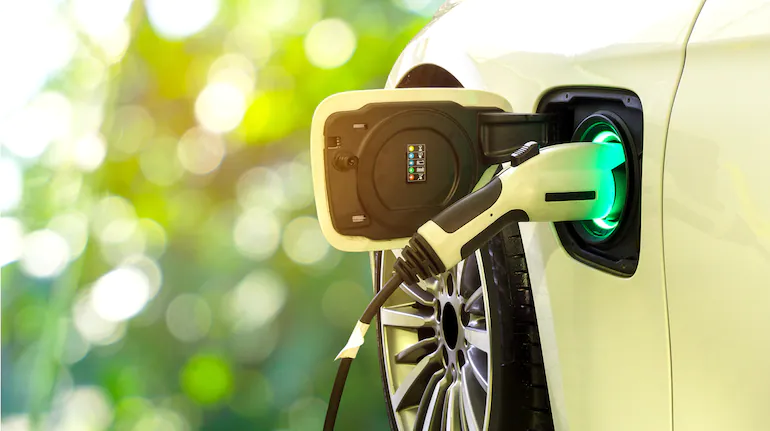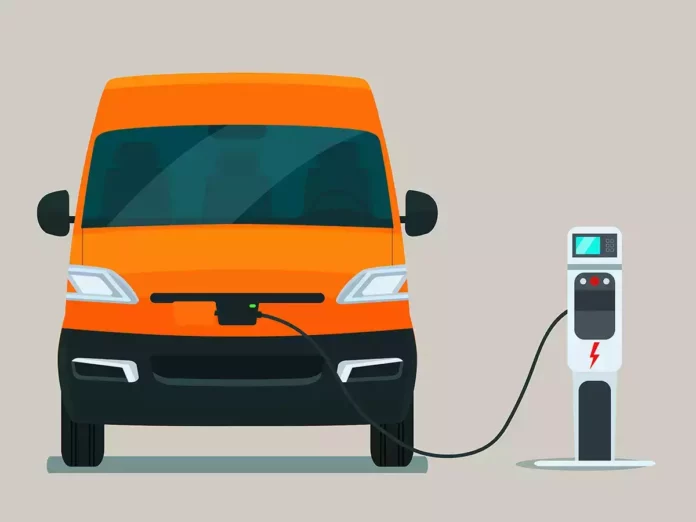Manufacturers of Electric Vehicles (EVs) must comply with a set of safety tests starting in April 2023 in order to be eligible for subsidies under various EV promotion programmes, according to the Ministry of Heavy Industries. The ministry stated in a circular on November 2 that these tests will increase the human safety of the battery used in these cars by mandating inspections at three levels: the battery pack, battery management system (BMS), and the cell.
Vehicles manufactured and marketed under the Faster Adoption and Manufacturing of Electric Vehicles or Fame programme as well as those produced under the production linked incentive (PLI) scheme for automobiles must meet the testing requirements. Additionally, batteries made in accordance with the PLI for advanced chemistry cells will be subject to the additional testing (ACC).

The letter stated that there would be six new tests for cells, including temperature cycling and altitude simulation. In a temperature cycling test, the lithium ion cell’s response is evaluated when the chamber temperature is raised and maintained at a high level. On the other hand, altitude simulation is a test to see if the Electric Vehicles batteries don’t blow up or catch fire when kept at a certain temperature and absolute pressure.
At the battery pack level, there are a total of five new tests, and there are eleven new tests for the battery management system. The circular states that these additional tests also involve falling or letting battery packs fall freely to check that lithium ion batteries do not blow up or catch fire when subjected to a variety of potential abuses as per international standard IEC-62133-2.
Also Read:


